TechFest_Agenda At a Glance

12:00 am remove 12:00 am
keyboard_arrow_down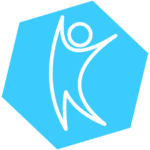
Employee Experience & Engagement
Employee experience matters. A lot. A recent MIT study shows that top performers in employee experience gain a 200% advantage in customer satisfaction and innovation, and a 26% increase in profitability. To understand people’s experiences, we need to understand their interactions across the organization. While listening sessions and surveys obtain useful feedback from employees, we need feedback data that gauges the quality of interactions and at a higher frequency. During this session, we shall explore how to achieve a high level of people engagement through offering a superior human experience, that considers the individual and resonates with individual values at work (and beyond).
12:00 am remove 12:00 am
keyboard_arrow_down
Wellbeing
While HR, IT and overall organization processes have been able to cope with the current, unprecedented change bestowed upon us by the covid pandemic, it is now clear that the past 2 years has had a massive emotional toll on people. Wellbeing, health and Psychological safety hence has been among the top priorities of people centric organizations, however psychological safety is not the given state within an organization or team. It is not something that is guaranteed in the workplace, but rather it is something we need to build and sustain. During this track we shall explore some of the practices you can start immediately to begin building psychological safety and mental, emotional and physical wellbeing.
12:00 am remove 12:00 am
keyboard_arrow_down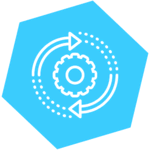
Agility and HR Transformation
Coronavirus has produced an acute need for organizational and HR Agility, better collaboration and virtual teamwork. Now, as we are slowly adapting to the next norm, due to the increasingly flexible working patterns demand for remote collaboration and business agility will only increase in the long term. In addition, the pandemic underscored the importance of human intellect and innovation in people management, elevating HR to the head of the C-suite conversation. Companies looked to CHRO’s to lead the pandemic response, create an inclusive and compassionate company culture, and fuel both corporate responsibility and overall growth strategies. Work isn’t just about work anymore. To prepare for the future of work, organisations and leaders will have to consider HR Transformation as game changer in the new normal. And yet as the business world keeps on being unpredictable and uncertain in 2022, both Agility and the need for HR Transformation will take on a new dimension.
12:00 am remove 12:00 am
keyboard_arrow_down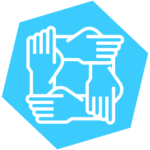
Performance Management
Coronavirus has produced an acute need for better collaboration and virtual teamwork. This new working reality also calls for urgently rebooting performance management and how we manage expectations or mutual win. The call to shift toward new ways of managing our people has steadily increased with the new demands of work and the changed expectations of employees. During this track, we shall explore how to be agile and flexible to answer future challenges in addition to how we engage, develop and reward our people to drive performance in today’s dynamic world of collaborative work.
12:00 am remove 12:00 am
keyboard_arrow_down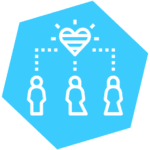
Culture
An alarming majority of the workforce is disengaged and unmotivated. They are not helping their organizations with much-needed creativity and innovation and resilience. Join this insightful track session to learn through practical ideas about how to fix your culture and build a human centric approach to performance. During this track through a series of discussions you will learn about some practical ideas about how to recognize what would thriving culture mean in your organization.
12:00 am remove 12:00 am
keyboard_arrow_down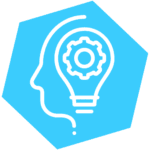
Learning
Even before the pandemic, organizations in every sector were struggling to attract, recruit and retain people with the skills needed to help them succeed in a digitized, automated, AI- driven world. Now, as getting ready for new, flexible, hybrid working models, Adaptability, flexibility, and a commitment to lifelong learning will be vital, especially as companies and entire industries reposition themselves in a highly digital, data-driven new world. During this track, we shall discuss how to ensure organizations and employees alike have the knowledge, skills, and capabilities needed to work effectively in a digitized, automated world so that the organization will stay relevant and future-ready.
12:00 am remove 12:00 am
keyboard_arrow_down
Talent Management
The current pandemic has required organization to drastically rethink Talent Management, that is how they hire, onboard, build and manage their talent and leadership capabilities. There is arguably no better time for organizations to get clear answers to the killer questions of talent management: What talent do we have? What talent do we need? And how do we fill the gaps? What leadership competencies do we need to successfully navigate our organization back to recovery and beyond? During this track we aim to answer these questions and offer actionable ideas how rethinking talent management in today’s digital world will ensure organizational success.
12:00 am remove 12:00 am
keyboard_arrow_down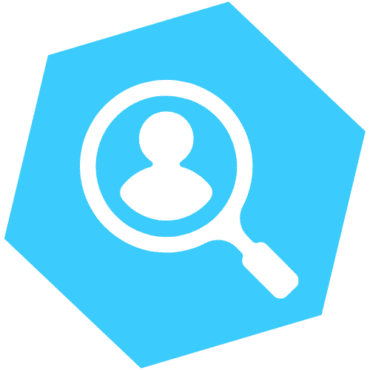
Recruitment
The media is loud with the ‘great resignation’ around the world. The new era calls for innovative Talent Attraction, recruiting strategies that have evolved beyond the business of identifying talent pipelines and filling open positions. More and more organizations are looking at ‘skills as new currency’ and moving people around their specific skillset –a trend shifting from workforce to work-task planning. Increased engagement, lower costs and a shorter hiring process are a few of the benefits of the shift to internal mobility, but the biggest benefit may be improved retention. During this track we shall explore how recruitment is more agile than ever –taking into account both internal skills and external talent attraction opportunities to fulfil the organization’s talent needs.
12:00 am remove 12:00 am
keyboard_arrow_down
People Analyitcs & Insights
The world of work has changed massively in the last 2 years and with that specifically how human resources departments do their jobs. While people analytics has been growing steadily in the past decade, during the pandemic the appetite for quality insights has become even more important in making strategic decisions. So, How can HR play more of a leadership role, both in areas where we would expect them to, as well as providing more influence across other business areas? One way is by providing business leaders with meaningful insights and recommendations. Join this session to explore how HR can drive success through actionable intelligence.

